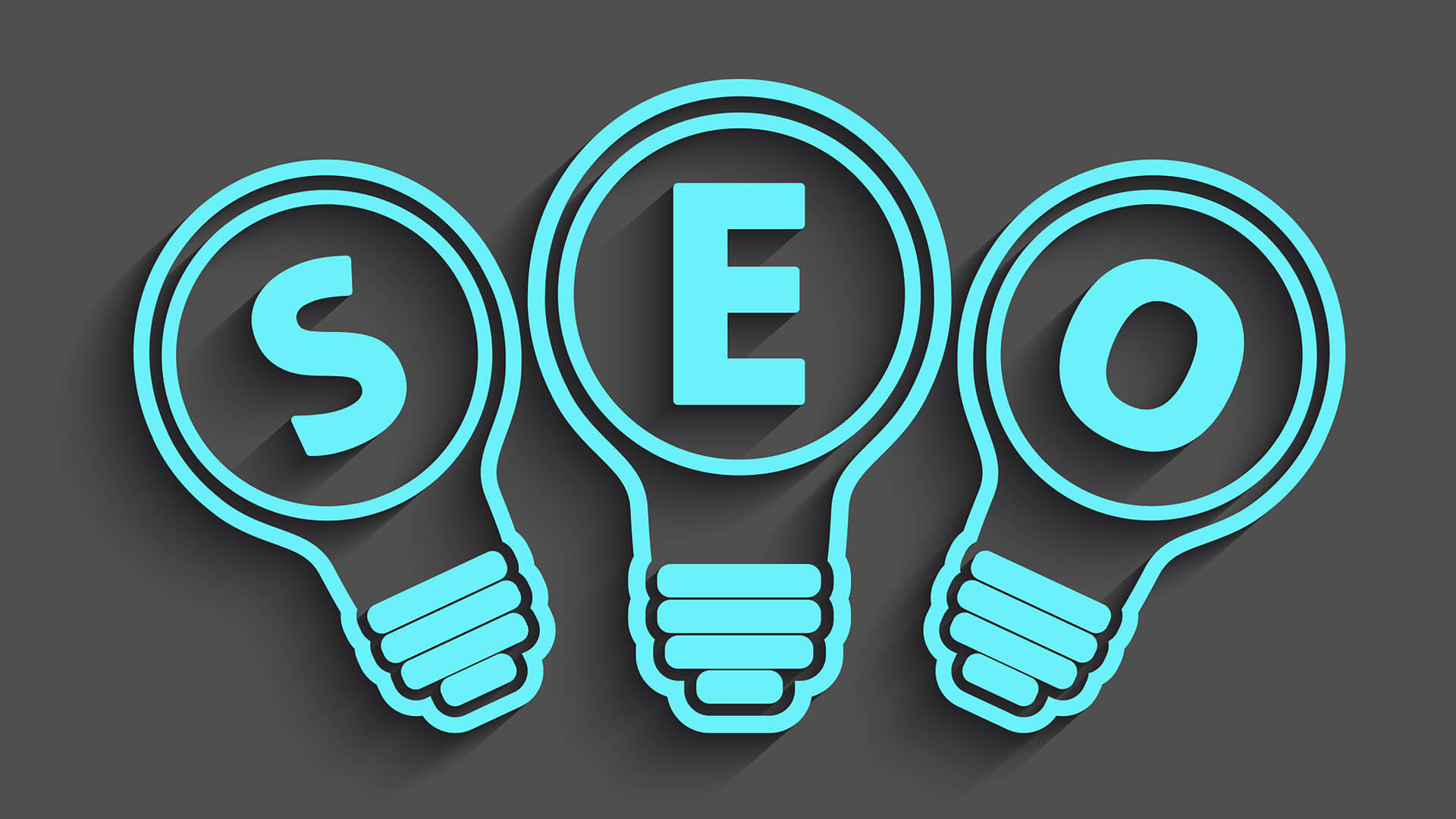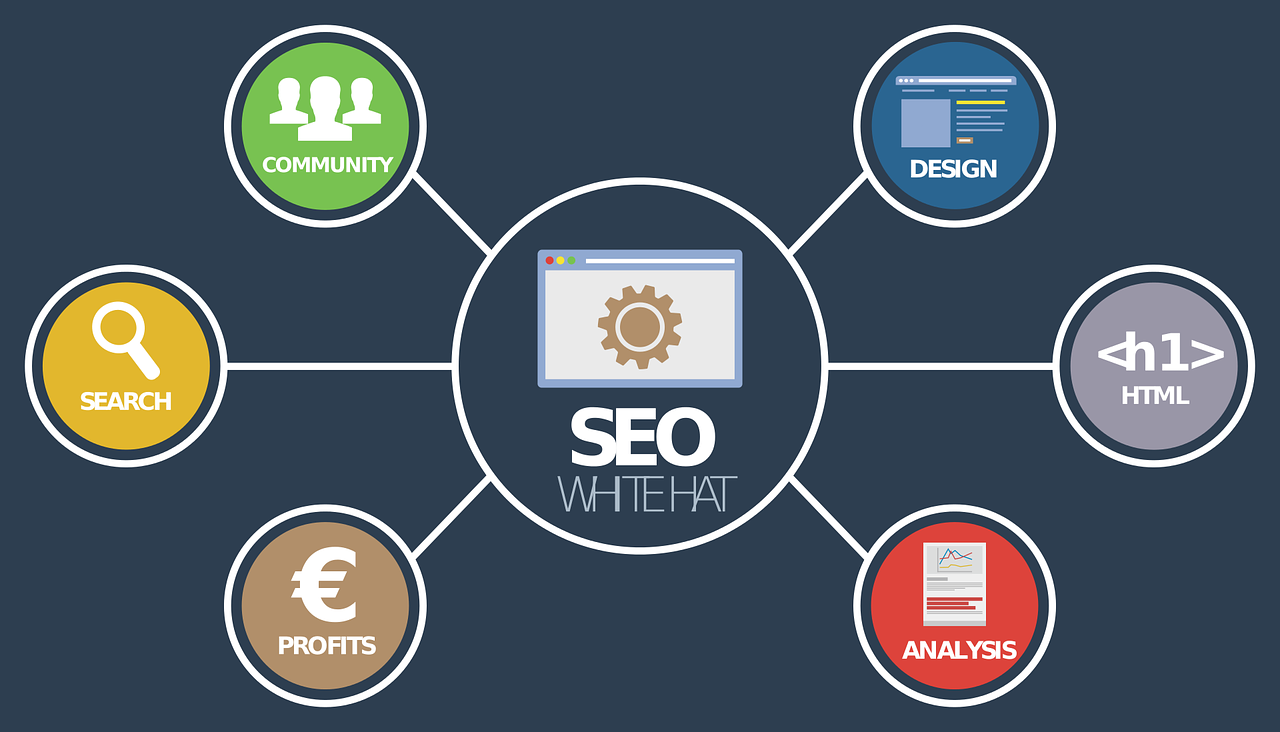In the vast digital landscape, where every click counts and visibility is paramount, mastering the art of on-page SEO optimization is akin to wielding a powerful tool for website success. In this comprehensive guide, we delve deep into the intricate world of on-page SEO, unveiling essential strategies to elevate your website’s search engine visibility and user experience.
Understanding On-Page SEO:
At its core, on-page SEO focuses on optimizing individual web pages to rank higher and earn more relevant traffic in search engines. It encompasses a myriad of techniques and practices aimed at enhancing various elements of a webpage to align with search engine algorithms and user intent.
Key Elements of On-Page SEO:
- Keyword Optimization: Keywords serve as the foundation of on-page SEO. By strategically incorporating relevant keywords into your content, titles, headings, and meta tags, you signal to search engines the relevance of your page to users’ search queries.
- Meta Tags: Crafting compelling meta titles and descriptions not only entices users to click but also provides search engines with valuable context about your page’s content. Optimizing meta tags with relevant keywords can significantly impact your search engine rankings.
- Content Quality and Formatting: High-quality, engaging content lies at the heart of on-page SEO. Ensuring your content is well-written, informative, and meets user intent not only enhances user experience but also signals authority to search engines. Proper formatting, including headings, bullet points, and multimedia, improves readability and encourages longer dwell times.
- URL Structure: A clean, descriptive URL structure not only aids users in understanding the page’s topic but also provides search engines with valuable information. Including keywords in your URL slug can further reinforce the relevance of your page to search queries.
- Internal Linking: Strategic internal linking helps distribute link equity throughout your website, improves navigation for users, and signals the importance of specific pages to search engines. Incorporating relevant anchor text and linking to related content can enhance both user experience and SEO performance.
Optimizing for Success:
Achieving on-page SEO excellence requires a holistic approach that encompasses keyword research, content creation, technical optimization, and continuous refinement. By meticulously fine-tuning each element of your webpage and aligning it with user intent and search engine best practices, you pave the way for improved search rankings, increased organic traffic, and ultimately, greater online success.
Conclusion:
In the ever-evolving realm of digital marketing, on-page SEO optimization remains a cornerstone strategy for enhancing website visibility and driving organic traffic. By mastering the key elements outlined in this guide and staying abreast of emerging trends and best practices, you empower your website to thrive in the competitive landscape of the internet, unlocking new opportunities for growth and success.




